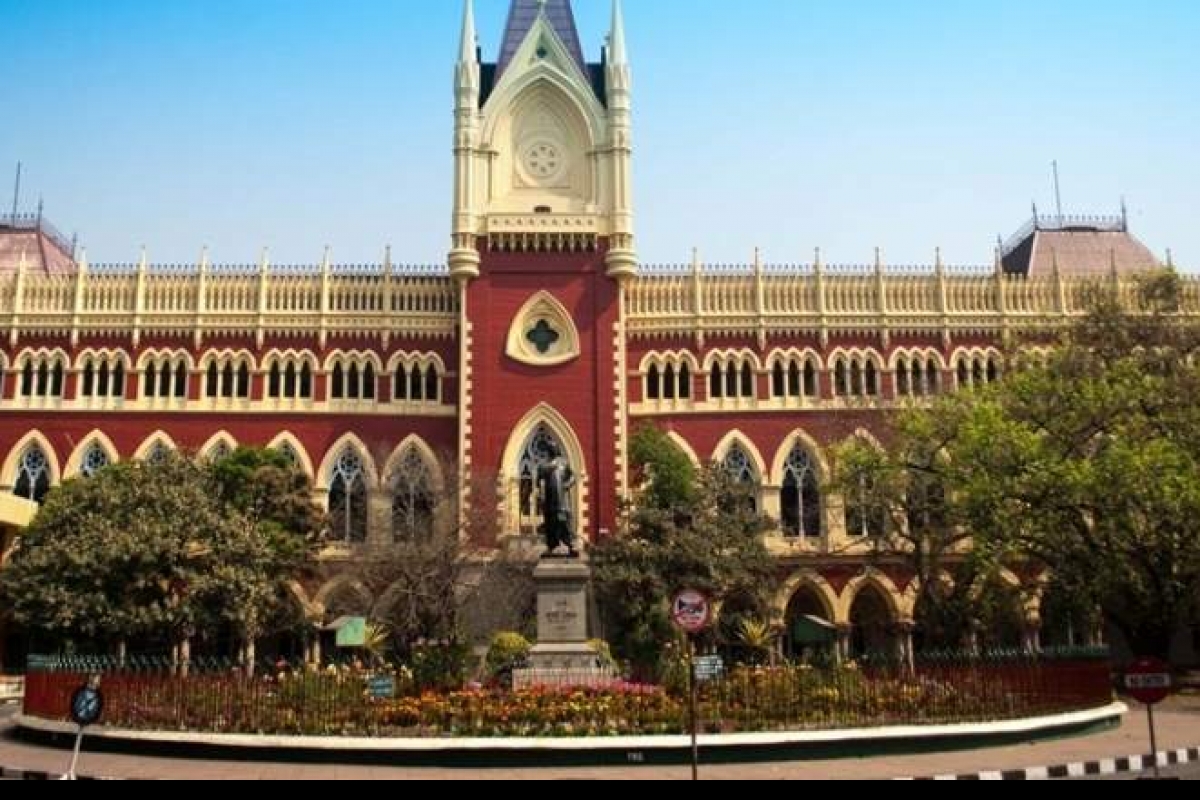CBI Does Not Require General Consent Of The State To Probe Into Cases Against Central Govt. Employees: Calcutta HC

Calcutta High Court has held that, CBI has jurisdiction to probe into Corruption cases of Central Government employees, irrespective of general consent of the State under Section 6 Delhi Special Police Establishment Act, 1946.
Justice Tirthankar Ghosh, dismissed the contentions of TMC leader Vinay Mishra, challenging proceedings under Sections 109, 420, 120B IPC r/w provisions of Prevention of Corruption Act. With respect to jurisdiction of the CBI, the Court observed,
“Public servants whose office location may be in different States, but are associated with the Central Government, corporations established by or under any Central Act, Government companies, societies and local authorities owned or controlled by the Central Government cannot be distinguished and/or discriminated because of the location of their offices being at different States and are to be hauled up for corruption in like and similar manner uniformly throughout the country.
View of coordinate bench in Ramesh Chandra Singh, that the Central Government/CBI’s power to investigate and prosecute its own officials cannot be impeded or interfered by the State assumes importance and is with the spirit of the Indian Constitution.”
Court added that DSPE Act has been restructured for facilitating or enabling CBI to carry out investigations under the Prevention of Corruption Act and the withdrawal of notification dated November 16, 2018, was abrupt, devoid of any reasons holds the effect of “shielding corrupt Central Government Officials,” thereby, deterring the CBI officers to investigate offences in respect of officers falling within the category of Section 8(2) of the CVC Act, 2003.
It was further observed that, “the officers/accused who are involved and the loss which has been sustained do not involve any interference with the powers vested in the State by the Constitution.”
Reliance was placed on the case of Subramanian Swamy where it was held,
“Every public servant against whom there is a reasonable suspicion of commission of a crime or there are allegations of an offence under the PC Act has to be treated equally and similarly under Law.”
Vinay Mishra and brother Vikas Mishra received over 730 crore on behalf of some influential persons in the coal smuggling case, as stated by the Enforcement Directorate in one its official statements. They are known to be close associates of West Bengal Chief Minister, Mamata Banerjee.
Issue: whether the investigation by CBI in respect of FIR which was subsequently registered, is valid and legal?
Senior Counsel Abhishek Manu Singhvi submitted that the CBI had absolutely no jurisdiction to investigate within State of West Bengal, without prior consent from the State Government.
By notification dated November 16, 2018, State took back its earlier consent granted to Delhi Special Police Establishment for exercising jurisdiction within the State for offences under:
- Prevention of Corruption Act, 1988.
- Attempts, abetments and conspiracies in relation to or in connection with one or more of the offences mentioned in the said Act and any other offence or offences committed in the course of the same transaction arising of the said facts.
“fundamentals of federalism do not allow the CBI to investigate the case within the State, under Section 6 of the Delhi Special Police Establishment Act, 1946 as there is clear bar and it is only the Hon’ble Supreme Court and High Court who are entitled to pass orders/directions upon the CBI to investigate without the applicability of Section 6 of the DSPE Act,” submitted the learned Senior Counsel.
Reliance was inter-alia placed on Kazi Lhendup v. CBI, 1994 Supp (2) SCC 116, Mayawati v. Union of India, (2012) 8 SCC 106, State of West Bengal v. Committee for Protection of Democratic Rights, (2010) 3 SCC 571.
Senior Adv. Siddharth Luthra also made submissions for the petitioner.
Relying on State of Haryana v. Bhajan Lal, 1992 Supp (1) SCC 335, Senior Counsel emphasized that the petitioner being an office bearer of a particular political party has been a victim of political vendetta.
Mr. Kishore Datta, Learned Advocate General submitted, Federalism being one of the basic structures of the Constitution and there being demarcation of legislative powers envisaged under Article 246 of the Constitution of India, consent of the State assumes considerable importance.
ASG Mr. Lekhi contended that mere breach of a timeline cannot exempt an accused from being prosecuted and utmost would lead to a departmental proceeding against an offending official. Reliance was placed on Union of India v. Sriharan, (2016) 7 SCC 1, stating that, the executive power of the State, under the constitutional scheme, is susceptible of being controlled by the executive power of the Union.
Precedents relied by the Court: Subramanian Swamy v. Director, CBI, (2014) 8 SCC 409, Ramesh Chandra Singh v. CBI, 2020 SCC OnLine Cal. 586, Kanwal Tanuj v. State of Bihar, 2020 SCC Online SC 395, Fertico Marketing v. CBI, (2021) 2 SCC 525, Vineet Narain v. Union of India, (1998) 1 SCC 226
Case Title: Vinay Mishra v. CBI
